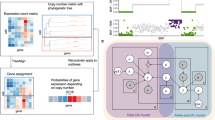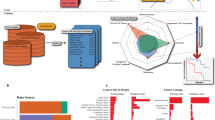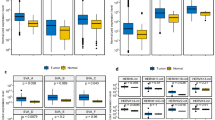Abstract
Deregulated expression of genes is found in cancer cells, which may affect malignant properties, but it is unclear whether such modulation occurs allele-specifically. This study shows that the gene coding α4 integrin, a cell adhesion molecule, underwent allelic inactivation in a series of heterozygous murine fibrosarcoma cell lines (MST lines) with different metastatic potentials. P4 cells expressed the α4 integrin gene from one allele at a level comparable to that of the primary MST1 tumor, whereas the descendent lines of P4 exhibited decreased expression of both alleles. No allelic loss of DNA was observed in these cells. Other four clones derived from P4 and five clones from a different tumor also showed such two-step inactivation. Intriguingly, the loss of expression was correlated with the acquisition of spontaneous, but not artificial, metastatic ability. This is consistent with the previous result of inverse relation between the expression of α4β1 integrin and the invasive potential of B16 melanoma cells. Analysis of DNA methylation and chromatin state of the α4 integrin gene failed to provide a clue to difference between the two alleles in the cell lines. These results suggest that the allelic inactivation is a process giving loss of function to one allele, although the mechanism is unclear.
This is a preview of subscription content, access via your institution
Access options
Subscribe to this journal
Receive 50 print issues and online access
$259.00 per year
only $5.18 per issue
Buy this article
- Purchase on SpringerLink
- Instant access to the full article PDF.
USD 39.95
Prices may be subject to local taxes which are calculated during checkout
Similar content being viewed by others
Author information
Authors and Affiliations
Rights and permissions
About this article
Cite this article
Sato, S., Tunashima, K., Mafune, Y. et al. Allele-specific inactivation of the α4 integrin gene expression in fibrosarcoma cell lines and relevance for spontaneous metastasis. Oncogene 17, 105–113 (1998). https://doi.org/10.1038/sj.onc.1201913
Received:
Revised:
Accepted:
Published:
Issue date:
DOI: https://doi.org/10.1038/sj.onc.1201913



